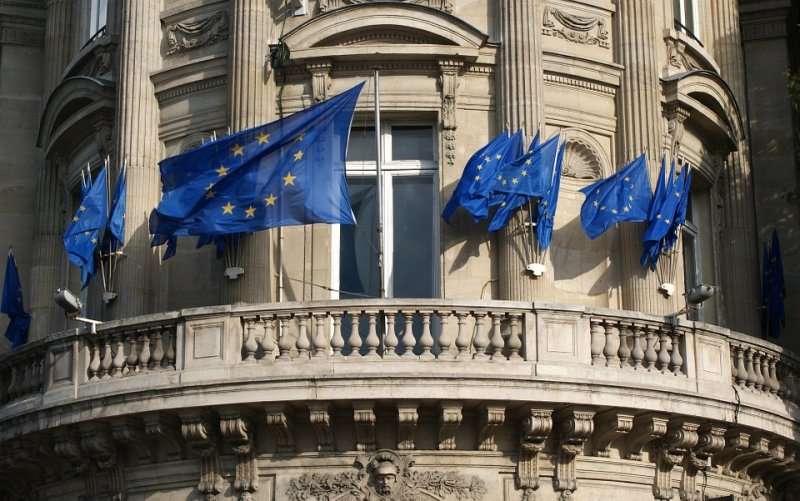Announcement |
The Forum on Internet Freedom in Africa 2018 (#FIFAfrica18) is pleased to announce the participation of the Council of Europe (CoE), through its Cybercrime Division, at the landmark event which is set to take place in Accra, Ghana, at the end of September.
The panel aims to contribute to the on-going efforts on harmonisation of national cybercrime laws with international and regional standards in the African continent, and provide a specific focus on human rights safeguards. International experts, with background on drafting, implementing and enforcing cybercrime legislation, will facilitate an interactive discussion with the participants by introducing the current state of cybercrime legislation in the African continent, debating the progress made in the recent years and discussing the entailed human rights challenges.
FIFAfrica convenes various stakeholders from the internet governance and online rights arenas in Africa and beyond to deliberate on gaps, concerns and opportunities for advancing privacy, access to information, free expression, non-discrimination and the free flow of information online. This year’s forum, which runs from September 26 to 28, is hosted by the Collaboration on International ICT Policy for East and Southern Africa (CIPESA) and the Media Foundation for West Africa (MFWA).
According to recent statistics, Africa is exhibiting one of the fastest growth rates in Internet penetration worldwide, with digital connectivity that has almost tripled in the last five years. In the same period, both governments and private sector entities in Africa have been experiencing an equally increasing trend of cyber-attacks.
The CoE has taken steps to protect the pillars of democracy in the digital age particularly as large-scale theft of personal data, computer intrusions, bullying, harassment and other forms of cyber violence, or sexual violence against children online, affect the extent to which the use of online tools enables participation in democratic processes. Moreover, it is notable that hate speech, xenophobia and racism may contribute to radicalisation, leading to violent extremism.
Attacks against computers used in elections and election campaigns are attacks against democracy. Daily attacks against critical information infrastructure affect national security and economic and other national interests as well as international peace and stability. Moreover, evidence in relation to fraud, corruption, murder, rape, terrorism, the sexual abuse of children and, in fact, any type of crime may take the form of electronic evidence, which is volatile, often intangible and probably in other jurisdictions. And accessing such evidence also has implications for human rights and the rule of law. Effective, legally compliant and robust procedures for the identification, collection and preservation of electronic evidence are therefore essential.
It is in regard to these trends that the CoE will host a panel discussion at FIFAfrica18 that will include reference to the Budapest Convention. The convention is an international treaty that aims at providing substantive legislation and procedural powers for criminal justice authorities to effectively tackle cybercrime, while upholding rule of law and human rights. Since its entry into force in 2004, the Budapest Convention has proven to be a solid baseline for enhanced cooperation across borders, and many governments in Africa, as well as in the rest of the world, have undertaken legal reforms using it as a guideline.

